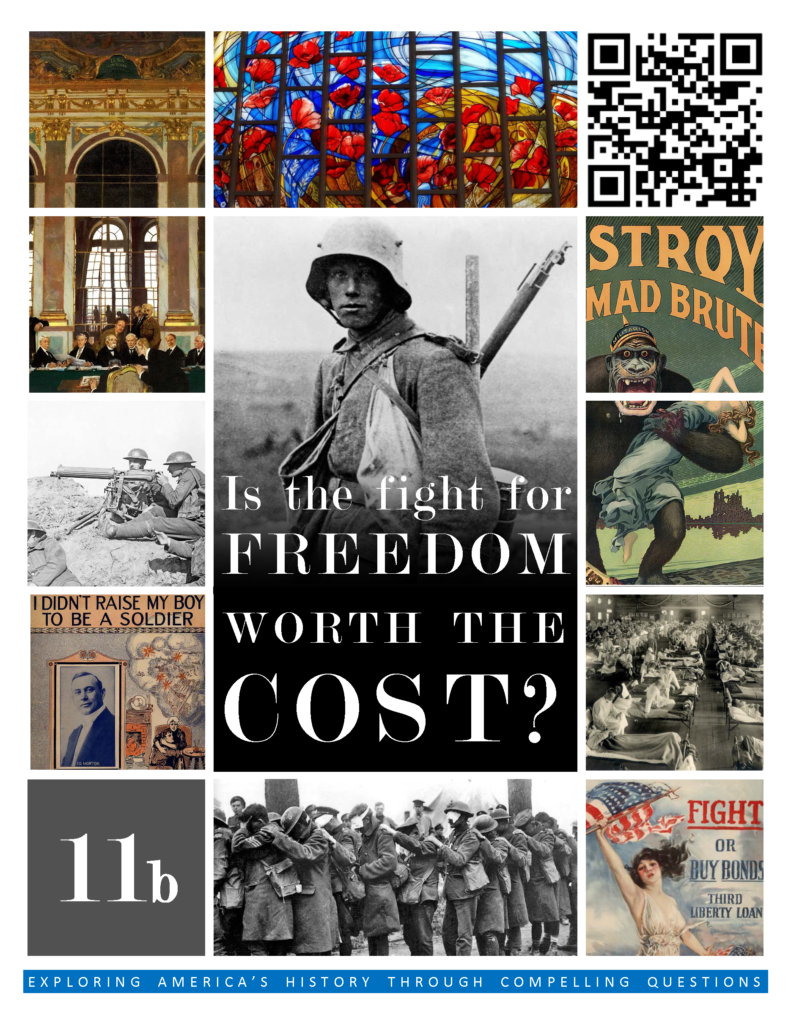
PRINT VERSION
Isolation was a long American tradition. Since the days of George Washington, Americans preferred to remain protected by the mighty oceans on its border than engage with other nations in treaties and alliances. When European conflicts erupted, as they frequently did, most Americans concluded that fighting wars to protect the freedom of people living far away, was simply too great a cost for the United States to pay.
When the Archduke of Austria-Hungary was killed in cold blood, igniting the First World War, Americans claimed neutrality. As a nation of immigrants, The United States would have difficulty picking a side. Despite the obvious ties to Britain based on history and language, there were many United States citizens who claimed Germany and Austria-Hungary as their parent lands. Who’s freedom was worth fighting and dying for?
After two and a half years of isolationism, the choice had become more clear. Germany’s violation of American neutrality on the high seas, combined with provocations such as the Zimmerman Note turned the United States into a friend of the Allies and America entered the Great War.
In the end, the war was won, but President Wilson’s quest to have the Senate ratify the Treaty of Versailles failed. It seemed that America had been willing to pay the price of freedom in 1917, but was not ready to commit to defending freedom unconditionally in the future.
What do you think? When is the fight for freedom worth the cost?
CONTINUE READING
